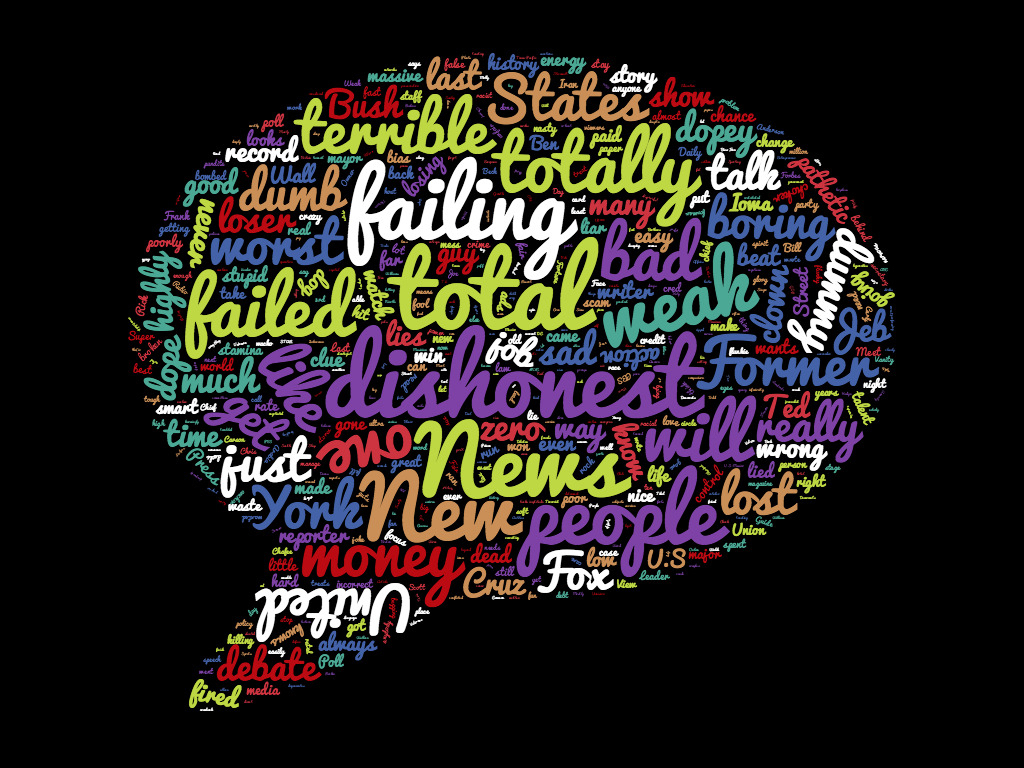 One wonders what the world would look like today had Alan Turing been criminally prosecuted and jailed by the British government for his homosexuality before the Second World War, rather than in 1952. Would the British have been able to break German Naval ciphers encoded by their Enigma machine? Would the German Navy have prevailed, and would the Nazis have gone on to conquer the British Isles?
One wonders what the world would look like today had Alan Turing been criminally prosecuted and jailed by the British government for his homosexuality before the Second World War, rather than in 1952. Would the British have been able to break German Naval ciphers encoded by their Enigma machine? Would the German Navy have prevailed, and would the Nazis have gone on to conquer the British Isles?
Actually, Turing was not imprisoned in 1952 — rather, he “accepted” chemical castration at the hands of the British government rather than face jail. He died two years later of self-inflicted cyanide poisoning, just short of his 42nd birthday.
Now a hundred years on from his birthday, historians are reflecting on his short life and his lasting legacy. Turing is widely regarded to have founded the discipline of artificial intelligence and he made significant contributions to computing. Yet most of his achievements went unrecognized for many decades or were given short shrift, perhaps, due to his confidential work for the government, or more likely, because of his persona non grata status.
In 2009 the British government offered Turing an apology. And, of course, we now have the Turing Test. (The Turing Test is a test of a machine’s ability to exhibit intelligent behavior). So, one hundred years after Turing’s birth to honor his life we should launch a new and improved Turing Test. Let’s call it the Turing Test 2.0.
This test would measure a human’s ability to exhibit intelligent behavior free of bigotry.
[div class=attrib]From Nature:[end-div]
Alan Turing is always in the news — for his place in science, but also for his 1952 conviction for having gay sex (illegal in Britain until 1967) and his suicide two years later. Former Prime Minister Gordon Brown issued an apology to Turing in 2009, and a campaign for a ‘pardon’ was rebuffed earlier this month.
Must you be a great figure to merit a ‘pardon’ for being gay? If so, how great? Is it enough to break the Enigma ciphers used by Nazi Germany in the Second World War? Or do you need to invent the computer as well, with artificial intelligence as a bonus? Is that great enough?
Turing’s reputation has gone from zero to hero, but defining what he achieved is not simple. Is it correct to credit Turing with the computer? To historians who focus on the engineering of early machines, Turing is an also-ran. Today’s scientists know the maxim ‘publish or perish’, and Turing just did not publish enough about computers. He quickly became perishable goods. His major published papers on computability (in 1936) and artificial intelligence (in 1950) are some of the most cited in the scientific literature, but they leave a yawning gap. His extensive computer plans of 1946, 1947 and 1948 were left as unpublished reports. He never put into scientific journals the simple claim that he had worked out how to turn his 1936 “universal machine” into the practical electronic computer of 1945. Turing missed those first opportunities to explain the theory and strategy of programming, and instead got trapped in the technicalities of primitive storage mechanisms.
He could have caught up after 1949, had he used his time at the University of Manchester, UK, to write a definitive account of the theory and practice of computing. Instead, he founded a new field in mathematical biology and left other people to record the landscape of computers. They painted him out of it. The first book on computers to be published in Britain, Faster than Thought (Pitman, 1953), offered this derisive definition of Turing’s theoretical contribution:
“Türing machine. In 1936 Dr. Turing wrote a paper on the design and limitations of computing machines. For this reason they are sometimes known by his name. The umlaut is an unearned and undesirable addition, due, presumably, to an impression that anything so incomprehensible must be Teutonic.”
That a book on computers should describe the theory of computing as incomprehensible neatly illustrates the climate Turing had to endure. He did make a brief contribution to the book, buried in chapter 26, in which he summarized computability and the universal machine. However, his low-key account never conveyed that these central concepts were his own, or that he had planned the computer revolution.
[div class=attrib]Read the entire article here.[end-div]
[div class=attrib]Image: Alan Mathison Turing at the time of his election to a Fellowship of the Royal Society. Photograph was taken at the Elliott & Fry studio on 29 March 1951.[end-div]


 One wonders what the world would look like today had Alan Turing been criminally prosecuted and jailed by the British government for his homosexuality before the Second World War, rather than in 1952. Would the British have been able to break German Naval ciphers encoded by their Enigma machine? Would the German Navy have prevailed, and would the Nazis have gone on to conquer the British Isles?
One wonders what the world would look like today had Alan Turing been criminally prosecuted and jailed by the British government for his homosexuality before the Second World War, rather than in 1952. Would the British have been able to break German Naval ciphers encoded by their Enigma machine? Would the German Navy have prevailed, and would the Nazis have gone on to conquer the British Isles?